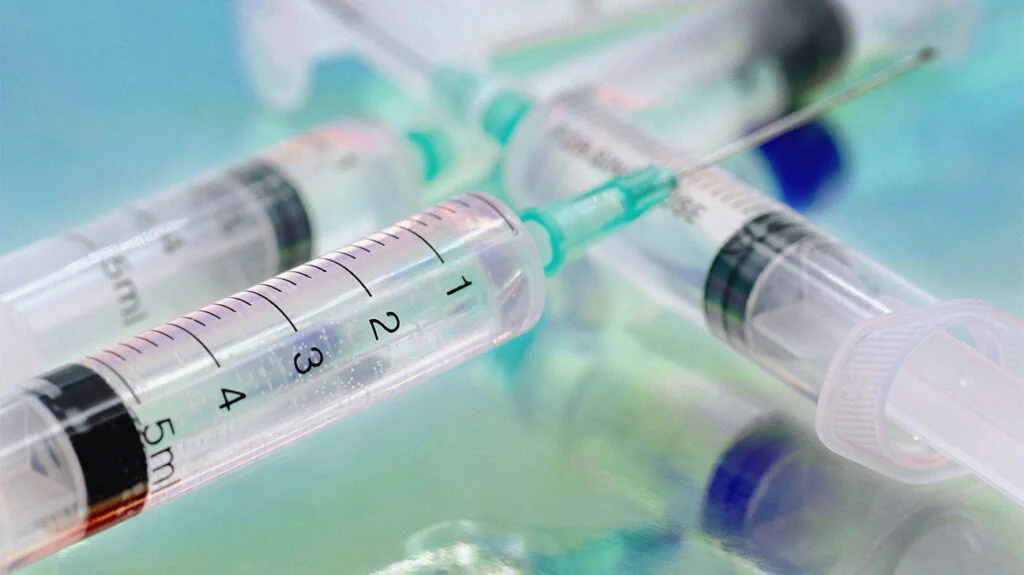Injectable steroids are synthetic variations of the male sex hormone testosterone, designed to mimic its effects on the body. These compounds are commonly used in medical settings to treat conditions such as hormonal imbalances and muscle wasting disorders. However, they are also abused by athletes and bodybuilders seeking to enhance performance and muscle growth. Understanding the mechanisms of action and effects of injectable steroids is essential for evaluating their therapeutic benefits and potential risks.
Mechanisms of Action:
The primary mechanism of action of injectable steroids involves binding to androgen receptors located in various tissues throughout the body. Once bound to the receptor, steroids initiate a cascade of molecular events that ultimately influence gene expression and protein synthesis. This results in a range of physiological effects, including:
Increased Protein Synthesis:
Injectable steroids stimulate protein synthesis in muscle cells, leading to the growth and repair of muscle tissue. This anabolic effect is one of the primary reasons why steroids are used by athletes and bodybuilders to enhance muscle mass and strength.
Inhibition of Protein Breakdown:
Steroids also inhibit the breakdown of proteins in muscle cells, preventing muscle wastage and promoting muscle preservation during periods of calorie restriction or intense training.
Enhanced Nitrogen Retention:
Steroids promote nitrogen retention in muscle tissue, leading to a positive nitrogen balance. This creates an optimal environment for muscle growth and recovery, as nitrogen is an essential component of proteins.
Increased Red Blood Cell Production:
Steroids stimulate the production of red blood cells in the bone marrow, leading to an increase in hematocrit and hemoglobin levels. This enhances oxygen delivery to muscles and tissues, improving endurance and performance.
Anti-inflammatory Effects:
Some steroids exhibit anti-inflammatory properties, reducing pain and swelling associated with injury or inflammation. This can aid in recovery and allow athletes to train more consistently.
Effects of Injectable Steroids:
While injectable steroids offer potential benefits for certain medical conditions, they also pose risks and side effects, particularly when used improperly or in excessive doses. Some common effects of injectable steroids include:
Androgenic Effects:
Injectable steroids can produce androgenic effects, such as increased facial and body hair growth, deepening of the voice, and enlargement of the clitoris in women. These effects are mediated by the activation of androgen receptors in various tissues throughout the body.
Cardiovascular Effects:
Long-term use of injectable steroids has been associated with cardiovascular complications, including increased risk of heart disease, hypertension, and stroke. These effects may be due to alterations in lipid profiles, increased thrombotic potential, and changes in cardiac structure and function.
Hepatic Effects:
Injectable steroids can have hepatotoxic effects, particularly when administered orally or in high doses. Prolonged use of certain steroids may lead to liver damage, including hepatocellular adenomas, cholestasis, and liver cancer.
Endocrine Effects:
Steroid use can disrupt normal endocrine function, leading to suppression of natural testosterone production, testicular atrophy, and infertility in men. Women may experience menstrual irregularities, infertility, and masculinization effects such as clitoral enlargement and deepening of the voice.
Psychiatric Effects:
Injectable steroids can also have psychiatric effects, including mood swings, irritability, aggression, and depression. These effects may be exacerbated by underlying psychological factors or co-occurring substance abuse.
Final Thoughts:
Injectable steroids exert their effects through complex mechanisms of action, influencing gene expression, protein synthesis, and physiological processes throughout the body. While they offer potential benefits for medical conditions such as hormone deficiencies and muscle wasting disorders, they also pose risks and side effects, particularly when used improperly or in excessive doses. It is essential for individuals considering the use of injectable steroids to weigh the potential benefits against the potential risks and to use these compounds responsibly under medical supervision. Understanding the science behind injectable steroids can help individuals make informed decisions regarding their use and minimize the potential for adverse effects.



